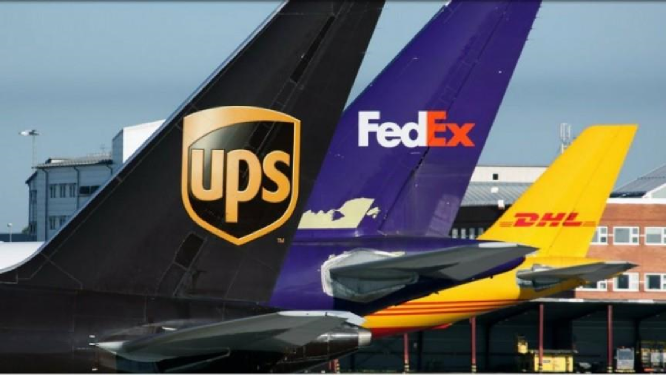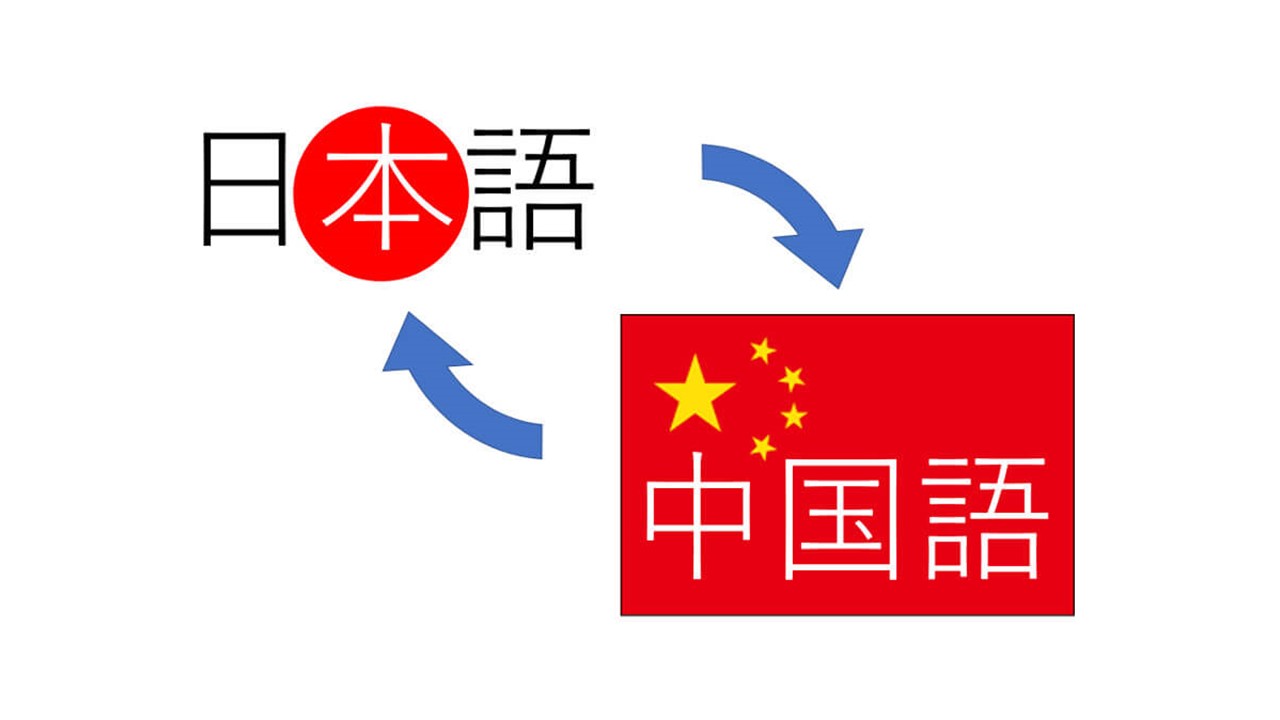Taiwan's tax exemption threshold was reduced effective January 1, 2018.
In the past, when sending small-lot shipments to Taiwan for business, as long as the taxable value of one shipment per day did not exceed 3,000 NTD (Taiwan Dollar) (approximately 11,000 Japanese Yen equivalent), no matter whether EMS (International Mail Service), FEDEX, DHL or UPS was used, customs duties and business tax (consumption tax in Japan) were collected by Taiwan Customs. In the case of EMS, FEDEX, DHL, and UPS, no customs duty or business tax (consumption tax in Japan) was charged.
However, effective January 1, 2018, the base taxable value will be2,000 NTD (Taiwan Dollar) * Japanese Yen equivalent: approximately 7,400 yenThe amount has been reduced to Those who export small amounts of goods, such as free goods, to Taiwan should exercise caution.
Taiwan's Major Tariffs
1. Tariffs:.
It is a tax collected by Taiwan Customs on imported goods and services.
The purpose is to increase the market value of imported goods and services in Taiwan and to protect Taiwan's own industries.
Taiwan uses an 11-digit commodity classification code called a CCC code to determine tariff rates.
2. Cargo tax:
A tax called the Cargo Tax is levied on seven items: vehicles, rubber tires, beverage products, flat glass, electrical products, cement, and gasoline and gasoline. The tax rate ranges from 10 to 30%, depending on the nature of the product.
More information:.Invest Taiwan website
3. Sales Tax: (1)
VAT (Value Added Tax). It is equivalent to the "consumption tax" in Japan. In Taiwan, the tax rate is uniformly 5%, except for some products.
Summary of Notification by the Ministry of Finance of the Taiwanese Government
International Mail (EMS)
1. An invoice for imported postal parcels must be attached to the outer box or inside the box for customs inspection. If the parcel does not have an invoice, Customs will inspect the parcel upon written notice to the recipient via the Postal Service, if necessary.
In the absence of documents specified by customs or other laws and regulations, the parcel will also be inspected with a written notice to the recipient via the Postal Service Organization.
2. Those who import postal parcels subject to inspection, quarantine, or other regulations must comply with the respective import regulations, except for those who are exempted by law.
3. Collection of import tax
3-1. Taxable value of imported postal parcels (Customs value)Exemption from customs duties, freight tax and business tax (≒consumption tax) for amounts not exceeding 2 000 NTD (Taiwan Dollar)The following shall be exempted from taxation. However, tobacco, liquor, and agricultural products subject to tariff quotas shall not be exempt from duty.
If the taxable value exceeds 2,000 NTD (New Taiwan Dollars), all taxes must be paid. Miscellaneous goods (excluding cigarettes, liquor, and agricultural products exempt from tariff quotas) are taxed based on the tax rates in [Regulation 5 of the General Provisions of the Customs and Excise Tax Regulations]. If the taxable value of a single item or an item of the same type and tax number exceeds NTD 2,000, it shall be taxed at the rate stipulated in the Five Provisions of the General Provisions of the Customs and Tariff Regulations.
3-2. With respect to postal parcels imported from abroad, if two or more shipments are received from the same sender to the same recipient on the same arrival date, the combined value shall be the taxable value. The same arrival date refers to the date stamped on the document by the postal mechanism.
3-3. If the same recipient frequently imports duty-free goods, they are not eligible for duty exemption under the [郵包物品進出口通関辦法].
The criteria for frequent use is when the same recipient has used the duty exemption based on the [郵包物品進出口通関辦法] six times within six months, and the duty exemption cannot be used after the seventh time.
*The six months are defined as January through June and July through December of each year.
3-4. For shipments with a taxable value exceeding NTD 2,000 (Taiwan Dollar), which are not imports requiring an import declaration at customs and have a small amount of import duty to be paid, the postal agency will deliver the shipment with the receiver's payment on delivery.
4. When goods purchased via the Internet are sent out of the country for repair or processing, if the FOB price does not exceed 5,000 USD, the sender should apply for customs clearance to the postal system using "郵寄待修、加工品出口簡易申報單", and upon re-importation, submit the original declaration to customs at the time of export. The original of the declaration made at the time of export must be submitted to the customs upon re-importation.
For International TA-Q-BIN and Courier
1. Recipients of international courier services (courier), owners of cargo, and consignee customs brokers (forwarders) are required to submit a written request and invoice or related documents for customs examination at the time of customs clearance.
2. Those who import international courier services (courier) that fall under the import/export regulations cannot clear customs using the simplified declaration form, and must clear customs using the same method as for general import/export shipments.
3. The taxable value (Customs value) of International TA-Q-BIN (Courier) isExemption from customs duty, freight tax and sales tax on amounts not exceeding NTD 2,000 (NT$2,000)The tax exemption shall be applied to the following items: tobacco, liquor, and agricultural products subject to tariff quotas. However, tobacco, liquor, and agricultural products subject to tariff quotas shall not be exempt from duty.
According to the duty exemption provisions of [Article 49, Paragraph 2 of the Customs Law Applicable to Entrance Goods], from July 1, 2017, if the same taxpayer has imported duty-free goods six times within six months, duty exemption will not be available from the seventh time. Six months refers to the period from January to June and July to December of each year, with January 1 and July 1 of each year as the starting dates.
4. When goods are returned to a foreign country for exchange or repair of goods purchased online, customs clearance using the simplified declaration form is not allowed. Exports must be processed through the same normal export customs clearance procedures as general cargo.
5. Violation of the declaration provisions shall be punished by the Customs Law or the Customs Appointment Regulations, as well as by relevant authorities such as criminal or other law-related persons.
References.From Tax Entrance Network, Ministry of Finance, Government of Taiwan



